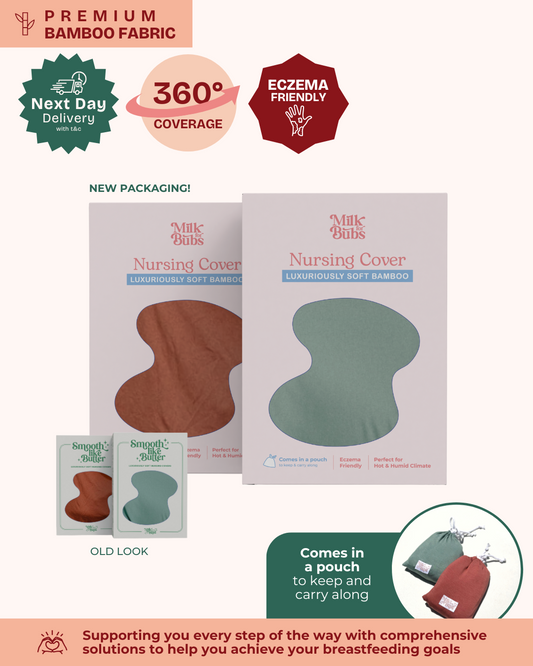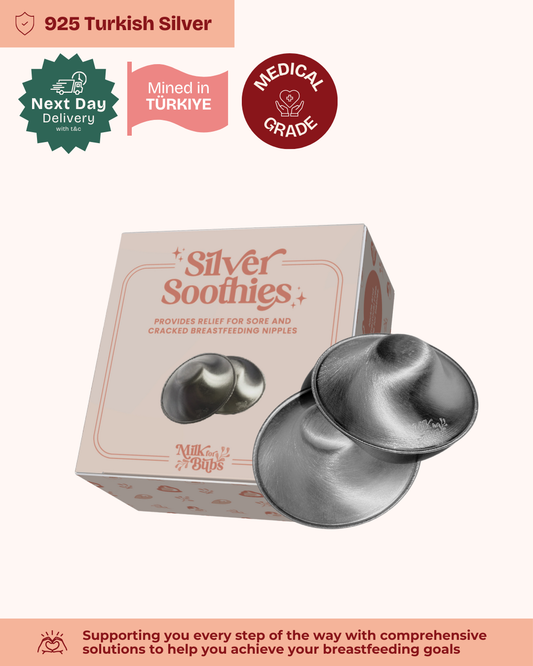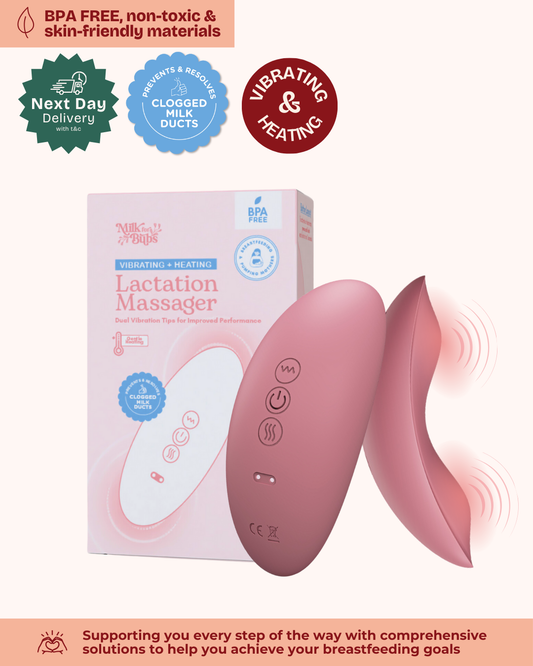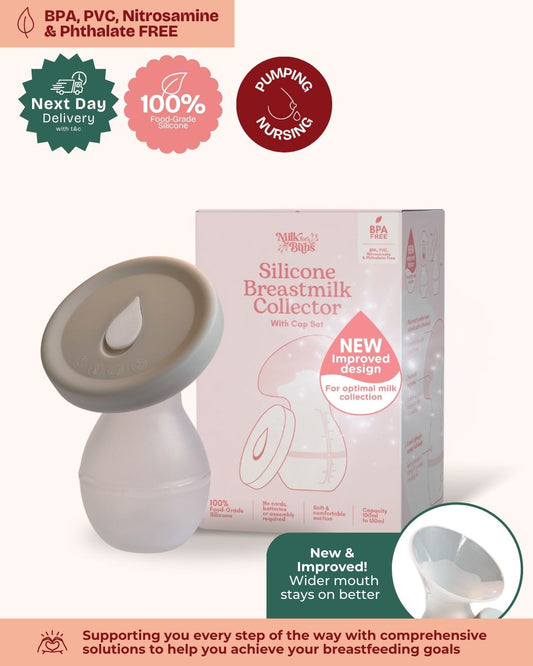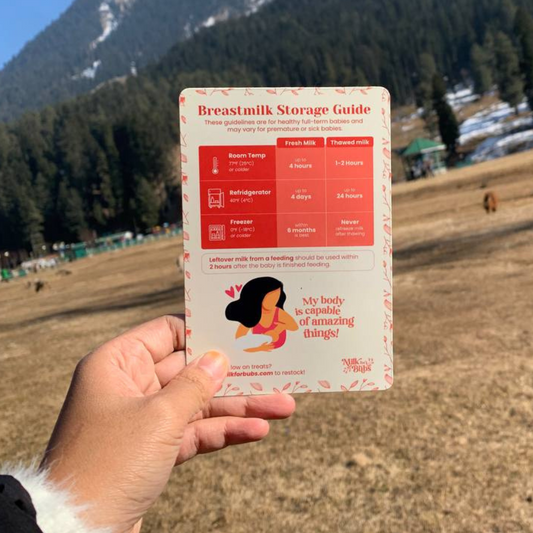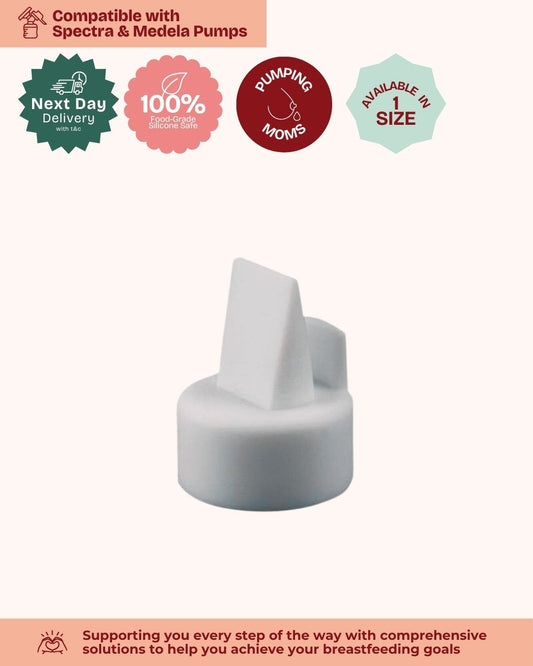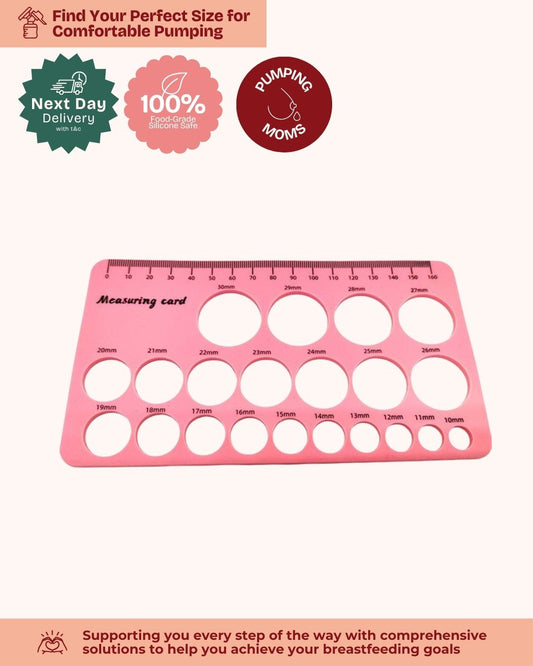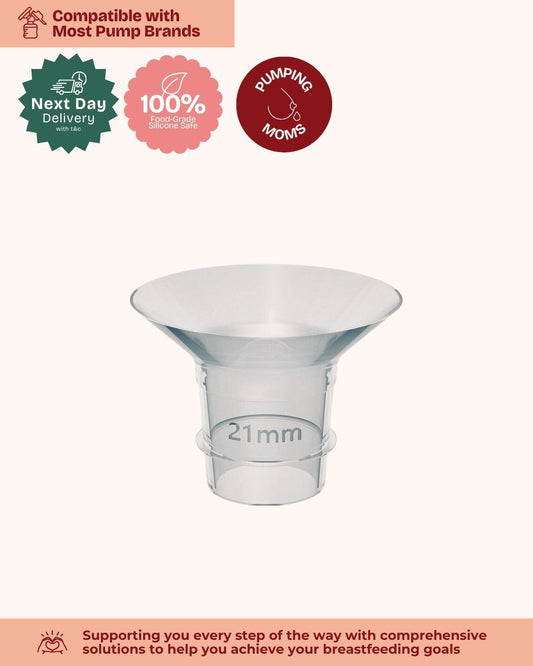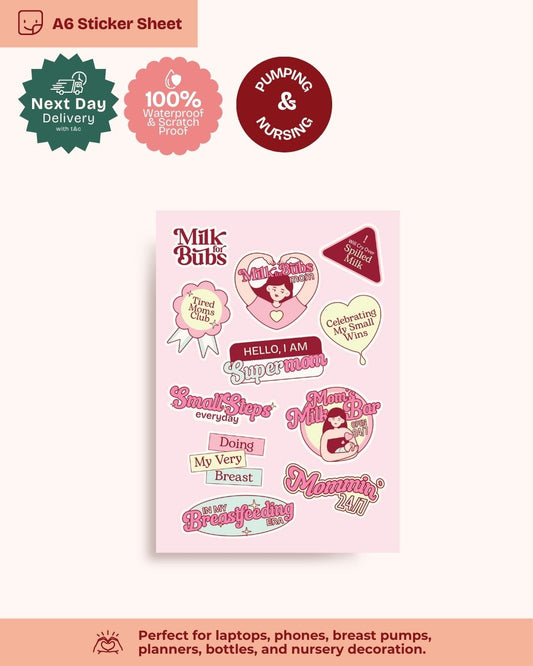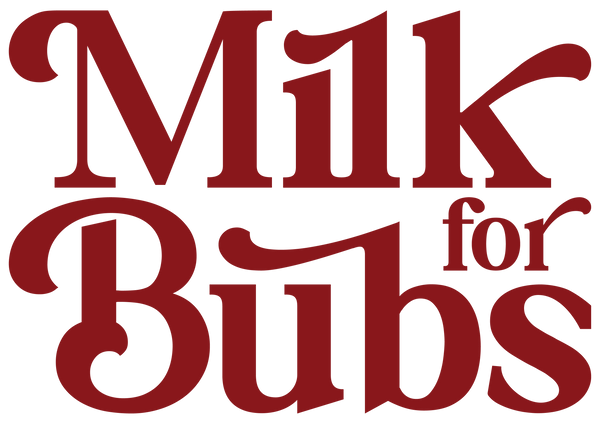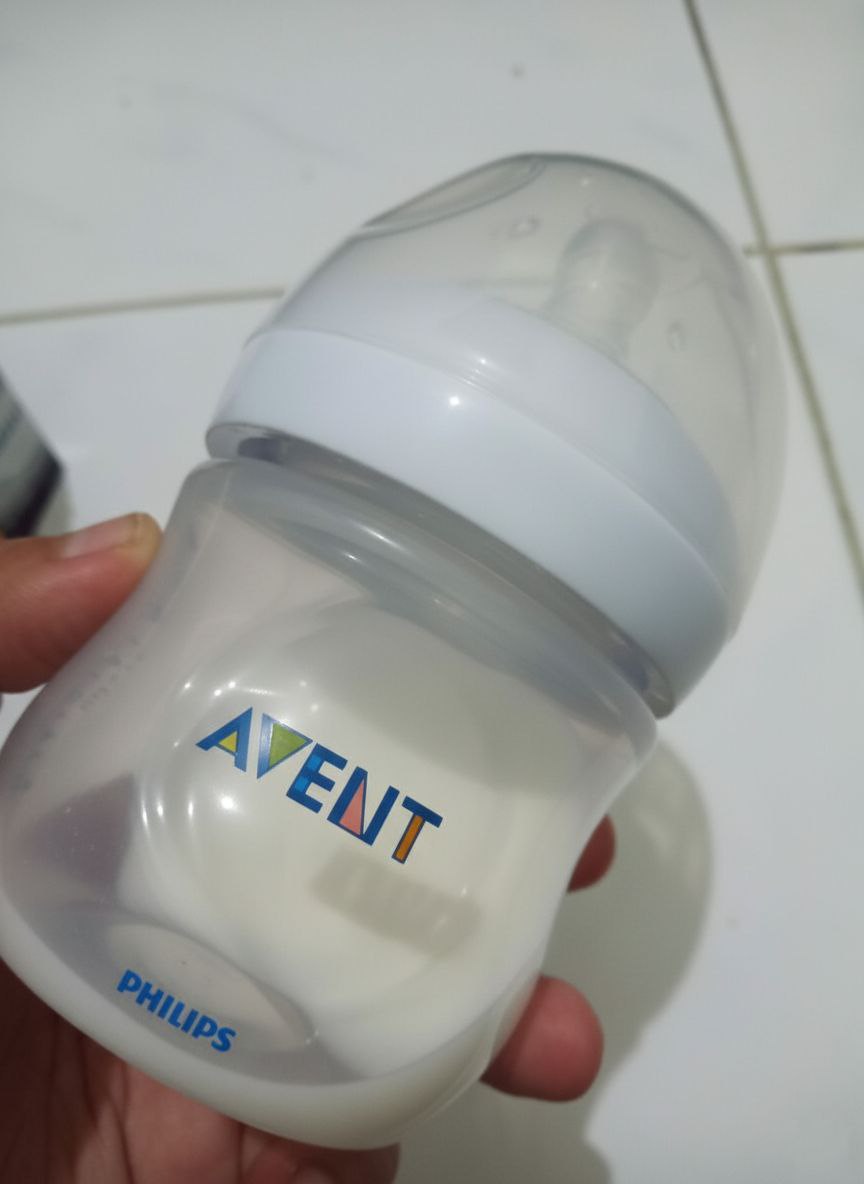This is something I wish someone had told me earlier, not in a scary, over-medical way, but just honestly, from mom to mom.
Back when I found out I was pregnant, I was overjoyed but also quietly terrified.
My mom had been living with diabetes for years. She had been on medication for a long time, and I’d seen how much it affected her daily life, her energy, her cravings, the way her body responded when she didn’t eat on time.
So when I saw those two lines on the test, one of my first quiet fears was:
What if I’m next?
What if I end up with the same blood sugar problems and what if that affects my pregnancy or breastfeeding later on?
I’m not exactly diagnosed with diabetes, but with that diabetes "gene" from my mom, I’ve always known that I have to be more careful. I knew my body might react more sensitively to certain foods, or long gaps without eating. And after I gave birth, that hunch became very real.
I didn’t have gestational diabetes but in the weeks after birth, I noticed something no one really warned me about:
On days when I skipped meals, barely ate, or had something sugary and crashed right after, my milk output would drop. I’d feel lightheaded during pumps. My letdown would feel delayed or stressful. And my mood would tank, even when everything else was “going fine.”
And it turns out: it was my blood sugar.
What Blood Sugar Has To Do with Breastfeeding
We hear a lot about hydration, nursing frequency, and supplements. But how you eat, how your blood sugar moves throughout the day, can play a big role in how your body makes and lets down milk.
When your blood sugar dips too low (after skipping a meal or eating something that spikes then crashes), your body starts conserving energy. And for some moms, that means slower letdown or less milk output.
I started noticing patterns like:
- Feeling shaky while pumping
- Less milk collected, even during regular sessions
- Feeling “off” emotionally after long gaps between meals
- Letdown stalling more often than usual
What Helped Me Balance My Blood Sugar (Without Overthinking It)
I didn’t go on a strict diet. I didn’t track calories. I just started being a little more intentional with how I fed myself, especially during the long hours of being home with a newborn.
Here’s what helped me feel more stable (and supported my supply, too):
-
Snack smart, not random: Instead of just grabbing biscuits, I leaned on snacks that had carbs plus fat or protein. Granola, lactation cookies, dates with peanut butter, toast with eggs.
-
Don’t wait too long: I used to ignore hunger because I was too focused on baby things. But once I started noticing the early signs, mood dips, tiredness, less milk, I’d pause and eat before I hit empty.
-
Sipping something nourishing while pumping: Oat drinks, warm Milo, even fruit smoothies helped keep me steady. Water’s great, but I needed a little fuel too.
-
Real meals matter: One solid meal a day (like rice with protein and veggies) helped so much more than grazing all day.

And here’s the part I’m quietly proud of:
Although I didn’t breastfeed for long (I had to juggle pumping with full time work and eventually my supply started to dip), there was a time when I managed to build a small stash. I once froze enough milk to last my son three days.
That might not sound like much to others, but for me? That was huge.
Of course, after that I struggled again (lol) but I still look back at that moment with pride. It reminded me that my effort counted, even if the journey wasn’t picture perfect.
Gentle Reminder
If you’re in that messy, blurry postpartum window, feeding on demand, pumping at weird hours, forgetting to eat, just pause for a second and ask yourself:
Have I had anything nourishing today?
Because here’s the thing:
Whether you’ve been diagnosed with diabetes, had gestational diabetes during pregnancy, or simply know that your blood sugar tends to dip easily (like me), this part matters. A lot.
Breastfeeding uses up so much energy. And when blood sugar drops, it doesn’t just affect how you feel, it can also impact how your milk flows, how your body copes, and how supported you actually feel in those quiet, demanding moments.
You don’t have to eat “perfectly.”
You don’t need fancy snacks or a meal plan.
But you do need steady, honest nourishment.
Feeding yourself well isn’t selfish, it’s an act of care.
Not just for your baby, but for you, too.
Let’s stop seeing this as extra.
This is part of the journey.
Further Reading
If you'd like to explore this topic a little deeper, here are two helpful, mom-trusted reads:

![[Bundle of 5] Disposable Milk Storage Bags with Storage Guidelines](http://milkforbubs.com/cdn/shop/files/IGP_Milk_Bag_Storage_Collaterals_1.png?v=1767068391&width=533)
